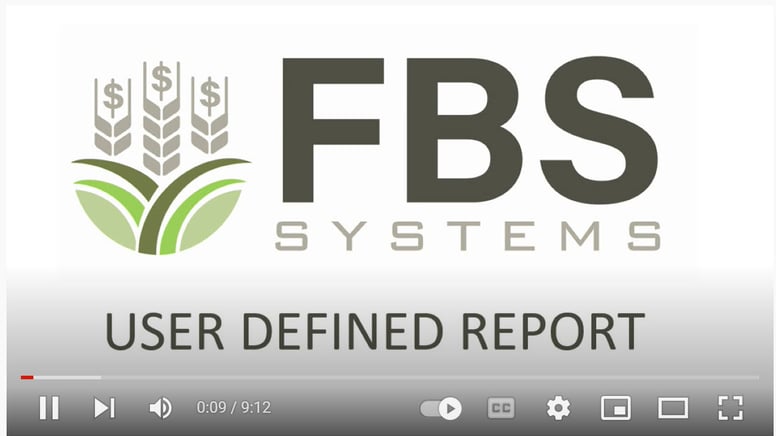Ag Software Success Summit to Sample "Secret Sauce" of Thriving Operations
|
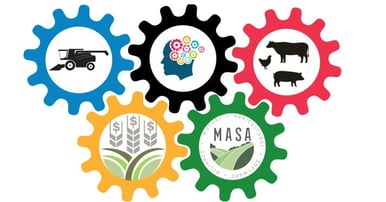 |
Join us for the premiere software knowledge and networking event for agriculture's information managers. This year's Ag Success Summit theme is "How top producers Integrate production technology, finance, and knowledge" as we celebrate FBS System's 42nd anniversary and unveil a high-aiming software development plan funded and directed by MASA (the Mutual Agricultural Software Alliance).

On Wednesday, August 31st discover what goes on behind the scenes in thriving and growing operations and learn how they:
- Scale without slipping.
- Develop and protect their “secret sauce.”
- Manage moving margins.
- Benchmark production costs.
- Adapt best practices from other enterprises.
Also:
- Network 1:1 with other outstanding producers.
- Interact with FBS/MASA integrated Ag Tech Allies.
- Research emerging management tools you’ll need to compete in the future.
- Participate in multi-track software training classes on Thursday, September 1st.
Click here for more information or to register.
Reserve your hotel room using booking # 2208FBS by August 1 by calling 309-743-0101.
This Year's Top Management Conferences
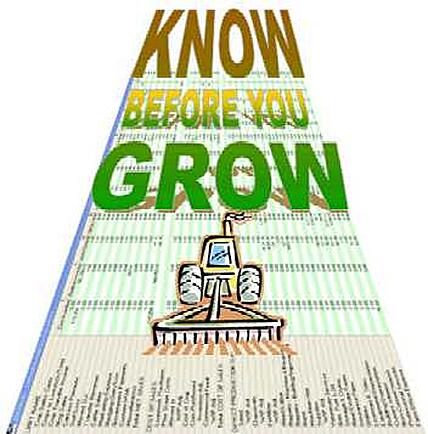 |
Shortcut to the Top?
|
Last month we covered three levels of computer applications:
- Compliance—What We Have to Do
- Decision Support—Where We Want to Go
- Business Processes—How We Get Things Done
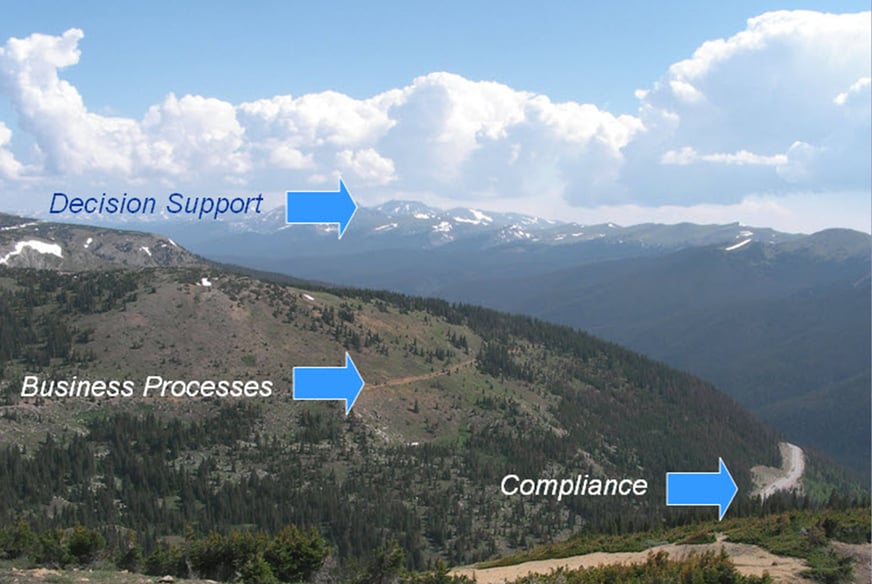
Since the early days of agricultural computing, which category do you think has been the most popular application? And the answer is clearly....decision support, almost always based in “stand-alone, decision aid” software, often based on specialized scientific or economic models. These programs are widely-accepted because they:
- Offer instant gratification—solving the “question of the hour.”
- Are forward looking—helping us make decisions in the future rather than ponder the past. After all, as economist Howard Doster used to reminds us, “Past costs don’t count.”
- Provide a logical outlet for domain expertise from universities, Extension and agribusinesses.
- Are often free or low cost (sometimes because they are used as “sales support” for a product line).
- Can be created and maintained easily, often through a spreadsheet or web application.
The latent hazard behind this method of analysis is that it too often depends on “heroic assumptions.”
- Easily-accessible “Rules of thumb” become “quick and dirty” substitutes for localized knowledge (which requires significant time and effort to accumulate and organize). As a result, decisions are based on either an amalgamation of industry averages or even worse, assumptions cherry-picked from the upper echelon of performance standards (since what producer doesn’t consider himself “above average?”). This ultimately leads to a vicious cycle as results from this “short-cut” methodology become the foundation for more rules of thumb which are plugged into another round of decisions aids.
- The more specialized (and therefore parochial) the source of the knowledge behind an application, the more likely the developers will either ignore critical factors outside their field of expertise or even worse, use naïve or over-simplified assumptions as they venture beyond their competency. For example, production-focused programs such as mapping and livestock feeding software often attempt to perform pseudo cost accounting by blending dollars with production coefficients. A PhD or DVM may not appreciate the finer points of managerial accounting as well as a CPA (and vice-versa!).
- Ad hoc decision aids assume that the end user understands the terminology and is providing data that is accurate, complete, objective and standardized. A deviation in any of these areas will distort the reliability of the analysis. For instance, if an economic crop model calls for a land cost input, it must be clear what is and isn’t included in that land cost.
- Modern production agriculture is getting much too complex, dynamic and integrated to make critical decisions based on single-dimension, partial budgets isolated from other inputs and consequences within the business.
Next month we’ll weigh the benefits of decision support compared with compliance and business processes and see where these three types of applications may conflict…and even intersect.
| Forty Years Ago... |
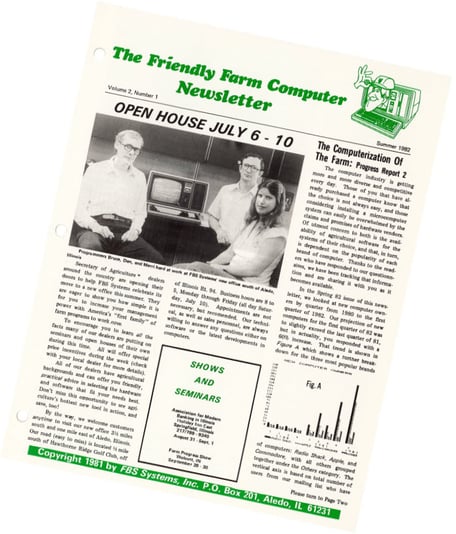 |
The Summer 1982 edition of The Friendly Farm Computer Newsletter covered these items:
- A survey of the readership's computer brands showed Apple gaining on Radio Shack, followed by Commodore and CP/M.
- Few farmers were using the new IBM PC and DEC Rainbow because of lack of farm software.
- A quote from a Successful Farming's Farm Computer News review of The Secretary of Agriculture noted, "While the program is often referred to as an accounting system, there are some powerful and flexible searching capabilities for interrogating the database, which go beyond conventional accounting."
- An internal newsletter story predicted, "Now we are ready for the next generation of agricultural software. Secretary of Agriculture will become the umbrella name for whole new line of financial and production record programs. Each will be able to work by itself, and in most cases, communicate with other programs in the family. Never again will you have to re-enter or transfer information manually between one program and another because of their limited scope."
- The FBS Software dealer network had grown to 50 members in 20 states and Saskatchewan.
If you got started with FBS around this time, would you share your experiences with norm@fbssystems.com?
Q&A: Tapping the Power of the User Defined Report
|
|
Today I want to show a video tutorial rather than a question and answer to remind you of the power of our TransAction Plus User Defined Report.
|
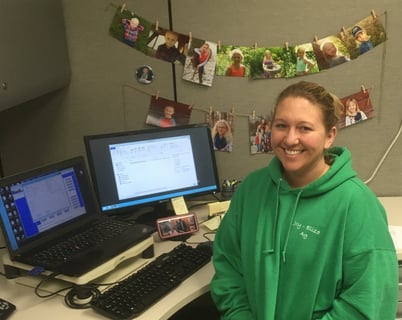
Sarah Dixon, FBS Support Coordinator
sarah@fbssystems.com (800.437.7638/extension 100).
|
